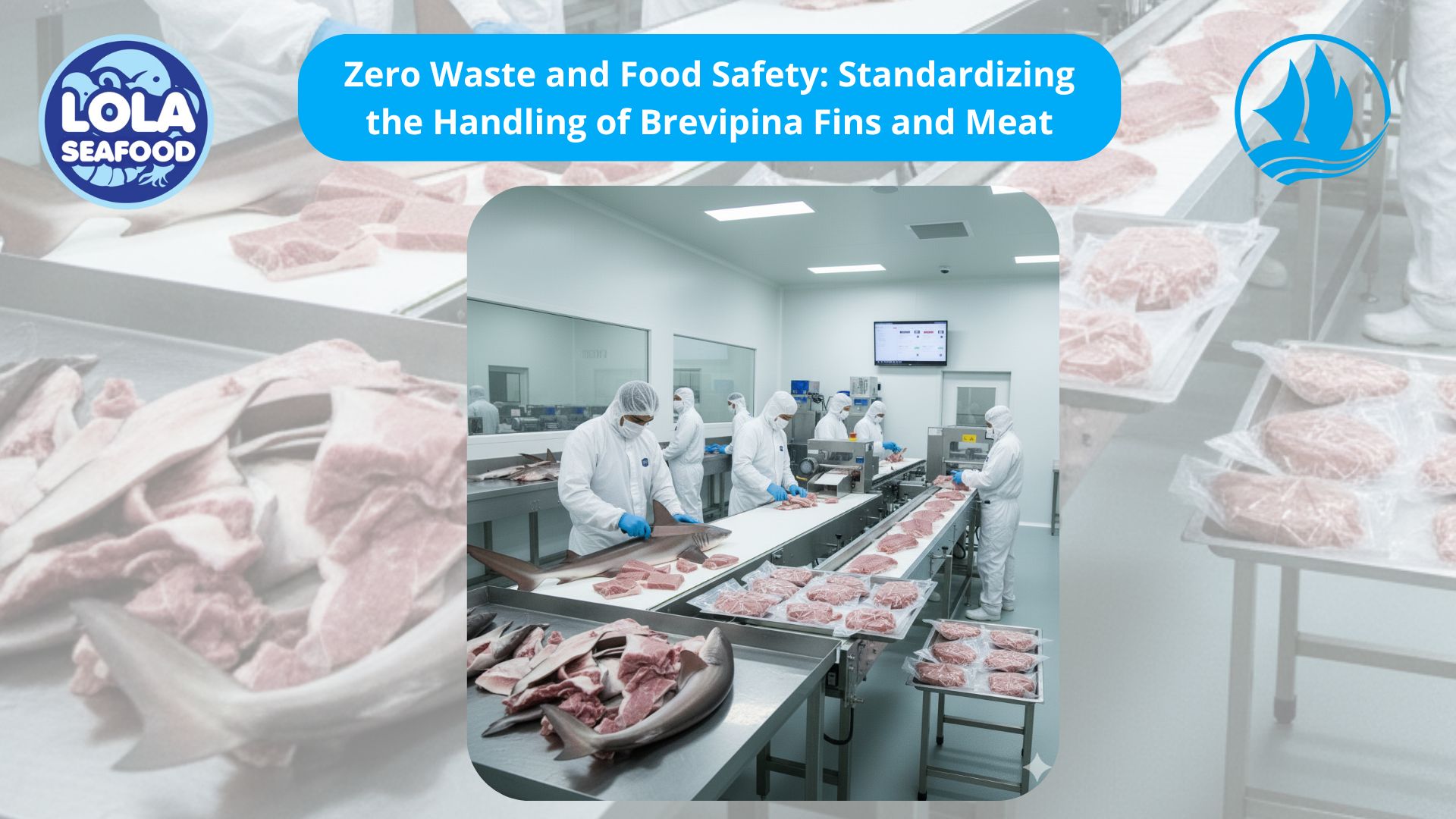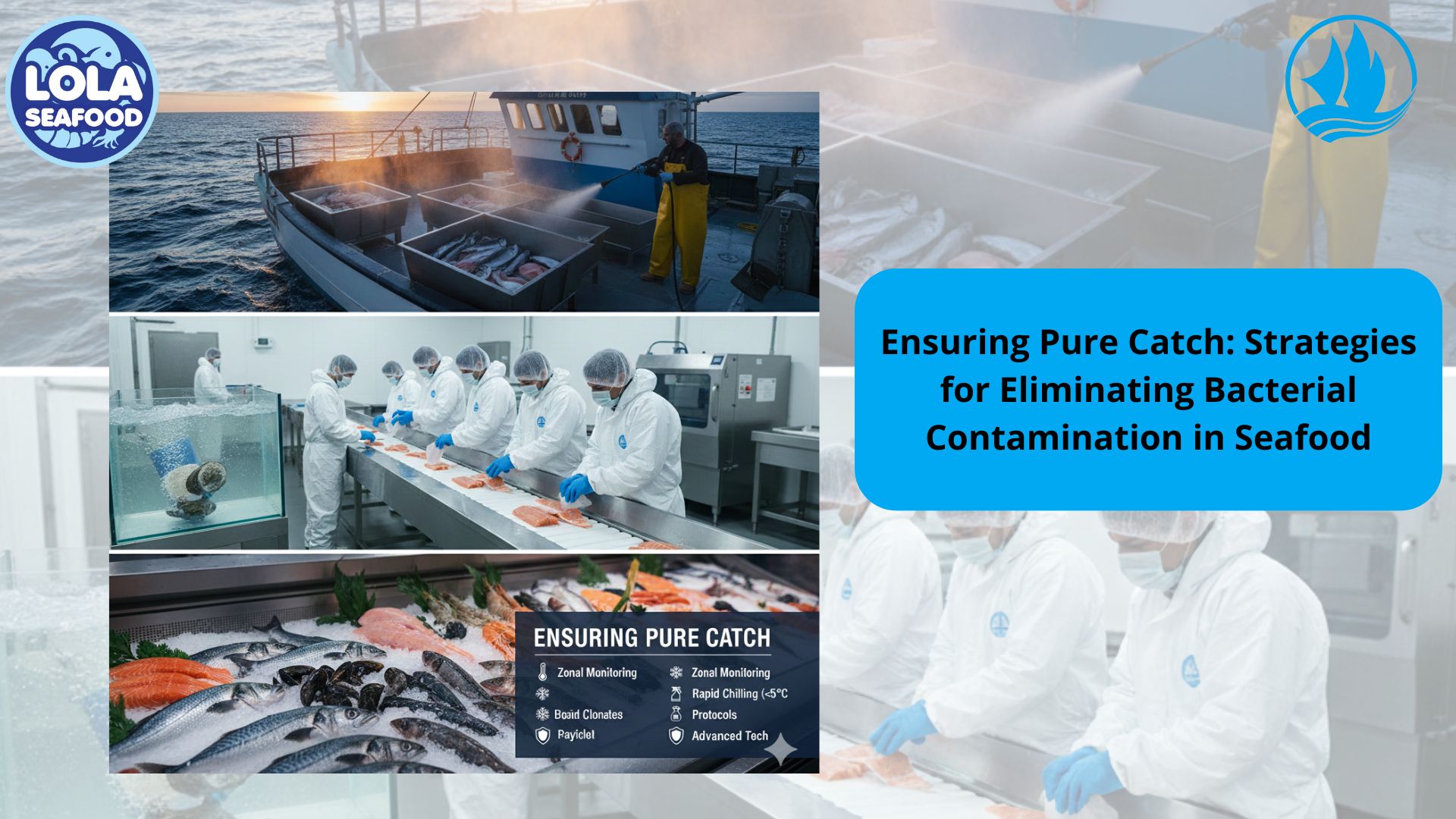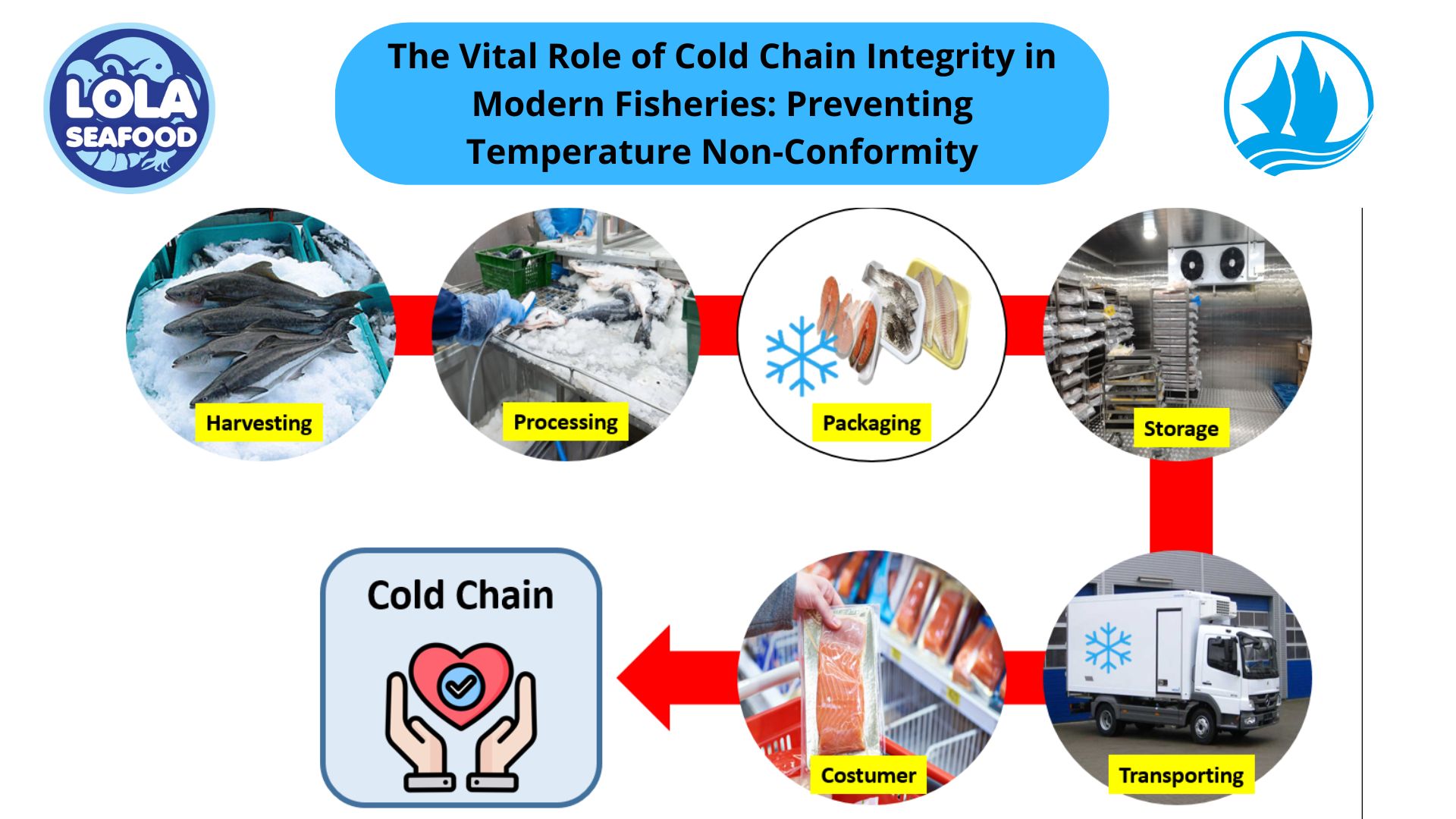Why Microbiological Testing is Essential for Seafood Safety
By. Puji Widyastuti - 11 Sep 2025.jpg)
Kelolalaut.com Seafood is a valuable source of protein, vitamins, and omega-3 fatty acids, making it an important part of a balanced diet. However, seafood is also highly perishable and can easily become contaminated by harmful microorganisms during harvesting, processing, or distribution. This makes microbiological testing a critical step in ensuring food safety and protecting consumers. Without systematic testing, contaminated seafood could end up on store shelves and restaurant plates, potentially causing widespread illness and loss of trust in the seafood industry. Below are the four main reasons why microbiological testing is considered essential in seafood production and trade.
Protecting Consumer Health
The number one reason for microbiological testing is to protect public health. Seafood is susceptible to contamination by pathogens such as Salmonella, Vibrio parahaemolyticus, Listeria monocytogenes, and norovirus. These microorganisms can cause foodborne illnesses that lead to nausea, diarrhea, fever, and, in severe cases, hospitalization or even death.
When contamination goes undetected, a single batch of unsafe seafood can trigger an outbreak affecting hundreds of people across different regions. This can be devastating not only to the affected individuals but also to the seafood industry as a whole. Microbiological testing acts as an early warning system that detects contamination before the product reaches consumers. By identifying unsafe batches early, producers can remove them from the supply chain, preventing illness and safeguarding public health.
Meeting Regulatory Requirements
Microbiological testing is also essential for compliance with food safety regulations. Most countries have strict standards regarding acceptable levels of microorganisms in seafood products. These regulations are designed to minimize the risk of foodborne illness and are often part of a larger food safety system known as Hazard Analysis and Critical Control Points (HACCP).
HACCP requires seafood producers to identify potential hazards, monitor critical points during production, and implement corrective actions when necessary. Regular microbiological testing provides the data needed to verify that these safety measures are working effectively. Failure to meet microbiological standards can result in regulatory action, including fines, product recalls, suspension of business operations, or bans on selling seafood in certain markets. For this reason, testing is not optional—it is a legal requirement in many parts of the world.
Preserving Brand Reputation
In today’s competitive market, brand reputation is one of the most valuable assets a seafood company can have. Consumers trust that the products they buy are safe to eat, and a single food safety incident can severely damage that trust. Negative publicity from a contamination event spreads quickly, especially through social media, leading to a drop in sales and a loss of customer loyalty that may take years to rebuild.
By investing in consistent microbiological testing, seafood businesses demonstrate a strong commitment to quality and consumer safety. This proactive approach not only prevents costly recalls but also helps build long-term trust and loyalty among customers. Companies that prioritize testing are seen as more reliable, which can give them a competitive edge in the marketplace.
Ensuring International Trade Compliance
The global seafood industry depends heavily on exports and imports, making compliance with international trade standards crucial. Many countries have their own microbiological criteria for seafood imports, and failure to meet these requirements can lead to shipment rejections, financial losses, and strained trade relationships.
Regular microbiological testing allows exporters to provide documentation proving that their products meet the importing country’s safety standards. This helps avoid delays at ports, protects against costly rejections, and ensures smooth trade operations. For businesses seeking to expand into global markets, reliable testing is a must.
Microbiological testing is far more than a box to check on a compliance form—it is a vital process that safeguards public health, keeps businesses in line with regulations, protects company reputation, and supports international trade. By detecting contamination early, testing helps ensure that seafood products are safe, high-quality, and trusted by consumers worldwide. For seafood producers and distributors, investing in microbiological testing is not just a legal obligation but a commitment to excellence and responsibility toward every consumer who enjoys their products.
If youre interested in our Parrotfish Fillet Skin On and Parrotfish Fillet Skinless please do not hesitate to contact us through email and/or Whatsapp
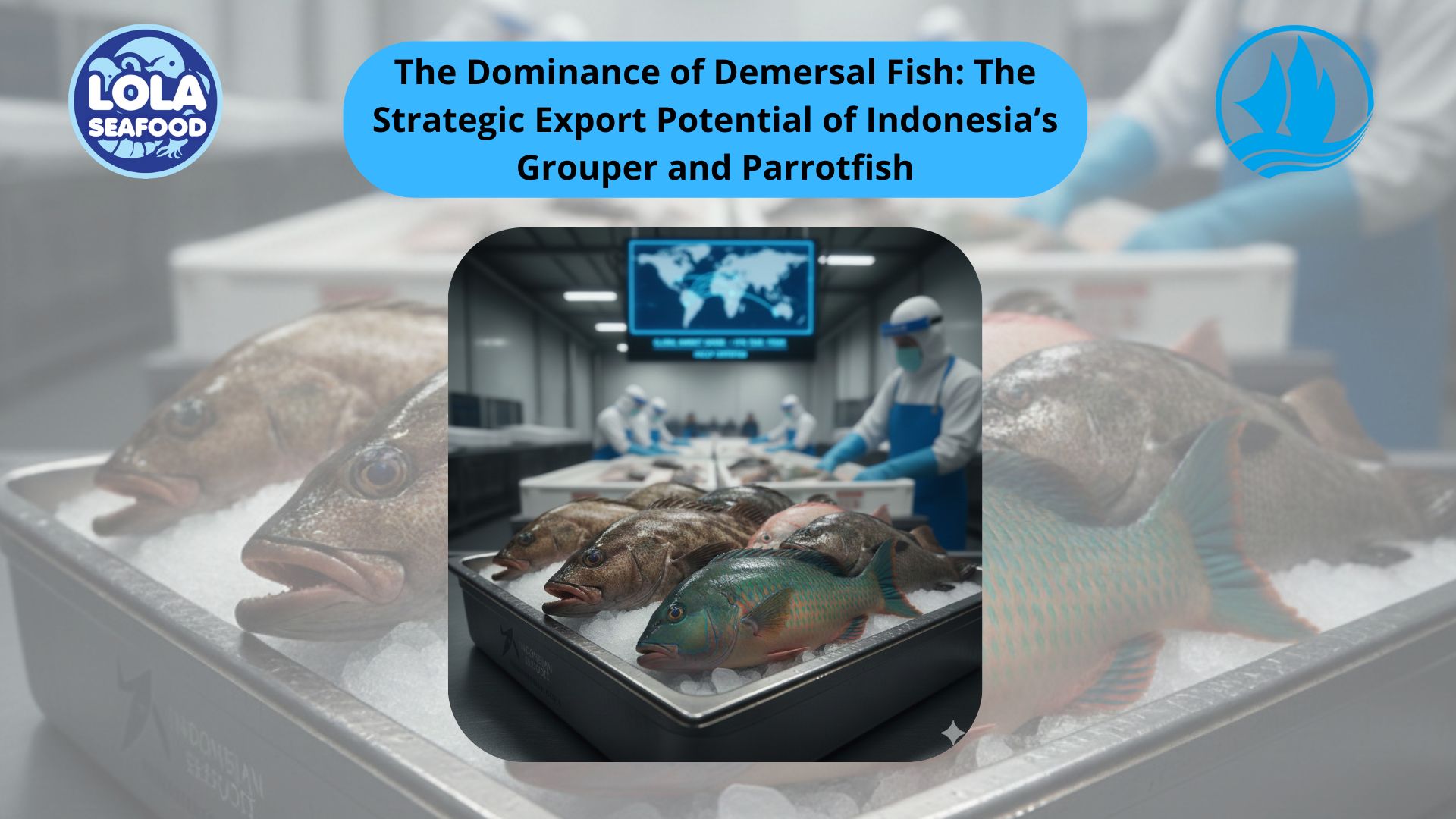
The Dominance of Demersal Fish: The Strategic Export Potential of Indonesia’s Grouper and Parrotfish
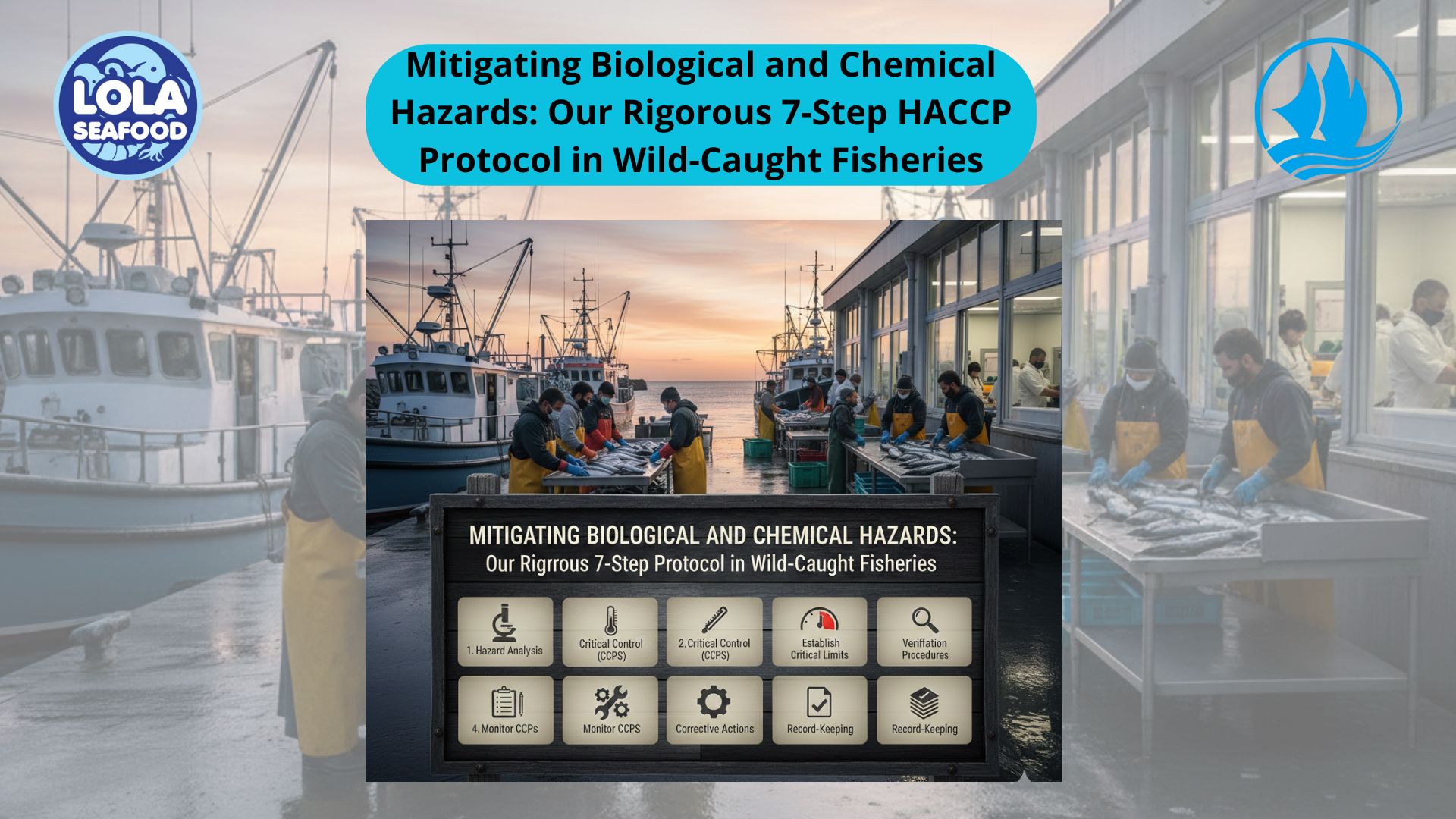
Mitigating Biological and Chemical Hazards: Our Rigorous 7-Step HACCP Protocol in Wild-Caught Fisheries
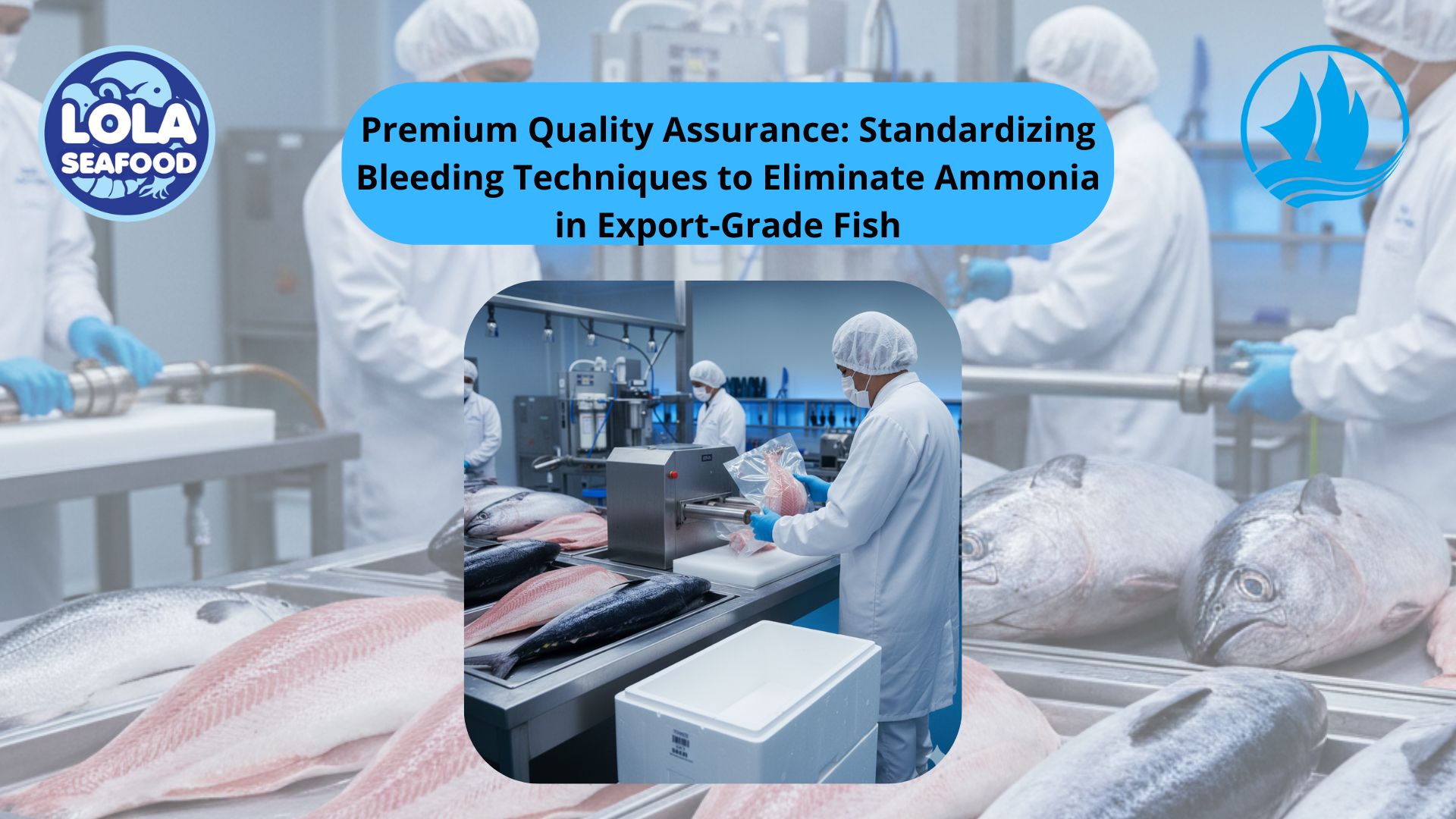
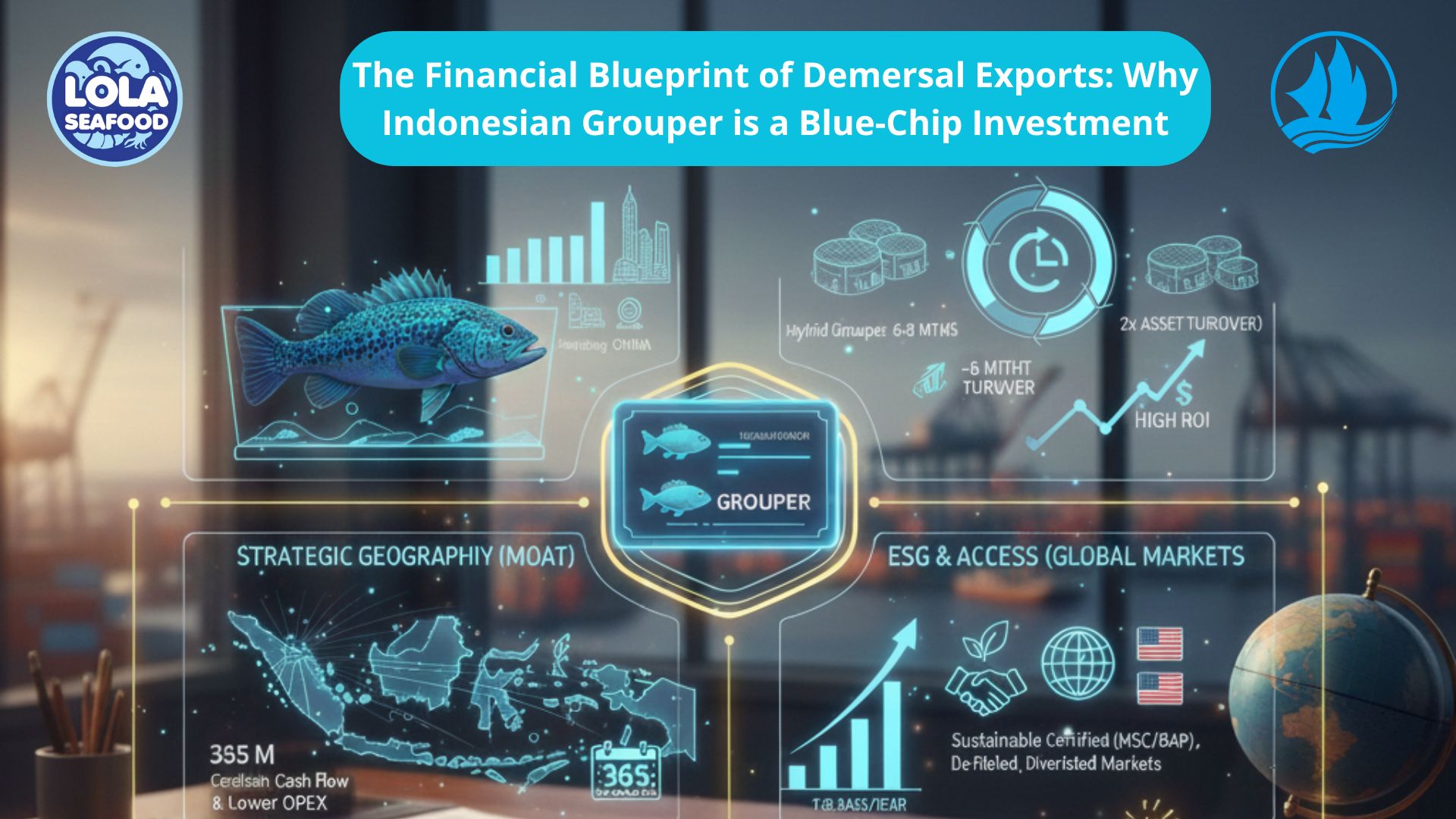
.jpg)
